
Many survivors who have sexual side effects after treatment feel too uncomfortable to share this information with their doctor, and some doctors may not know how to address it with their patients.

Many survivors who have sexual side effects after treatment feel too uncomfortable to share this information with their doctor, and some doctors may not know how to address it with their patients.

Enjoy a refreshing kale salad on a sunny afternoon and a savory chickpea curry during an April shower. And don’t forget to treat yourself with kindness — and pudding!

How one survivor’s journey led to her realization of what survivorship care is lacking and the importance of advocating for yourself during survivorship.

Lymphoma survivor Nina Luker talks about receiving a diagnosis at age 24 and how sharing her story with nearly 200,000 supporters on social media helped her find purpose.
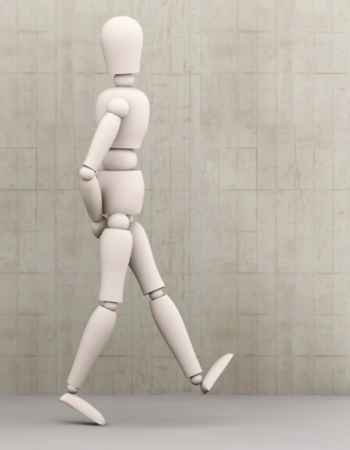
A slower walking pace may be associated with a higher risk of mortality rate in survivors of cancer compared with their healthy matched peers, according to an expert.
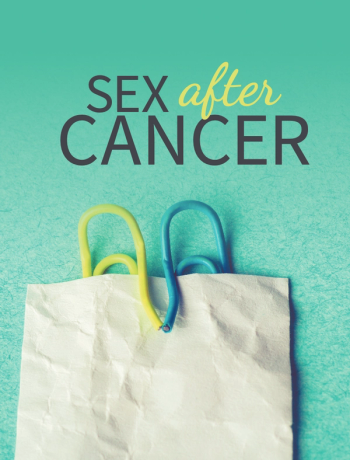
A study out of Sidney Kimmel Cancer Center (SKCC) at Thomas Jefferson University in Philadelphia found that 87% of survivors of breast, pelvic, endometrial, prostate, bladder and rectal cancer said treatment affected their sexual function or desire.

Learning to set boundaries can be a healthy project, writes a cancer survivor. She provides insight into how the hobby of gardening and setting boundaries share commonalities.

A cancer survivor reflects on her decision to receive a COVID-19 vaccine when it was made available to her.
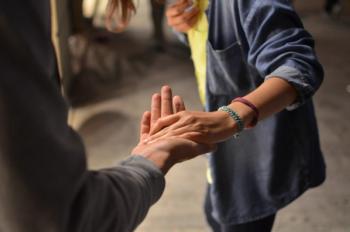
There are certain patient characteristics that are associated with fear of recurrence. However, there are simple steps that survivors can take to cope.

“Did you hear the one about the cancer procedure that went terribly wrong?” “It turned out to be a ‘bi-oopsie!’”

Cancer survivors are just like snowflakes in that they are unique and not the same, says a two-time cancer survivor.
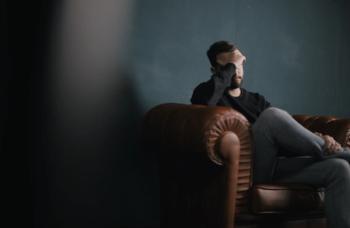
A penile cancer survivor recalls how he can become irrational and lash out at his loved ones during the days leading up to his next scans. His wish: To be normal again.

Survivors of adolescent or young adult cancer diagnosis experience a 20% higher risk of a psychotic episode and a 30% higher chance of an outpatient mental health visit compared to individuals with no history of cancer.
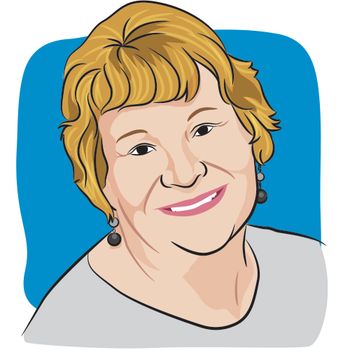
A cancer survivor laments the difficulty of dealing with the pandemic and discusses one possible solution.